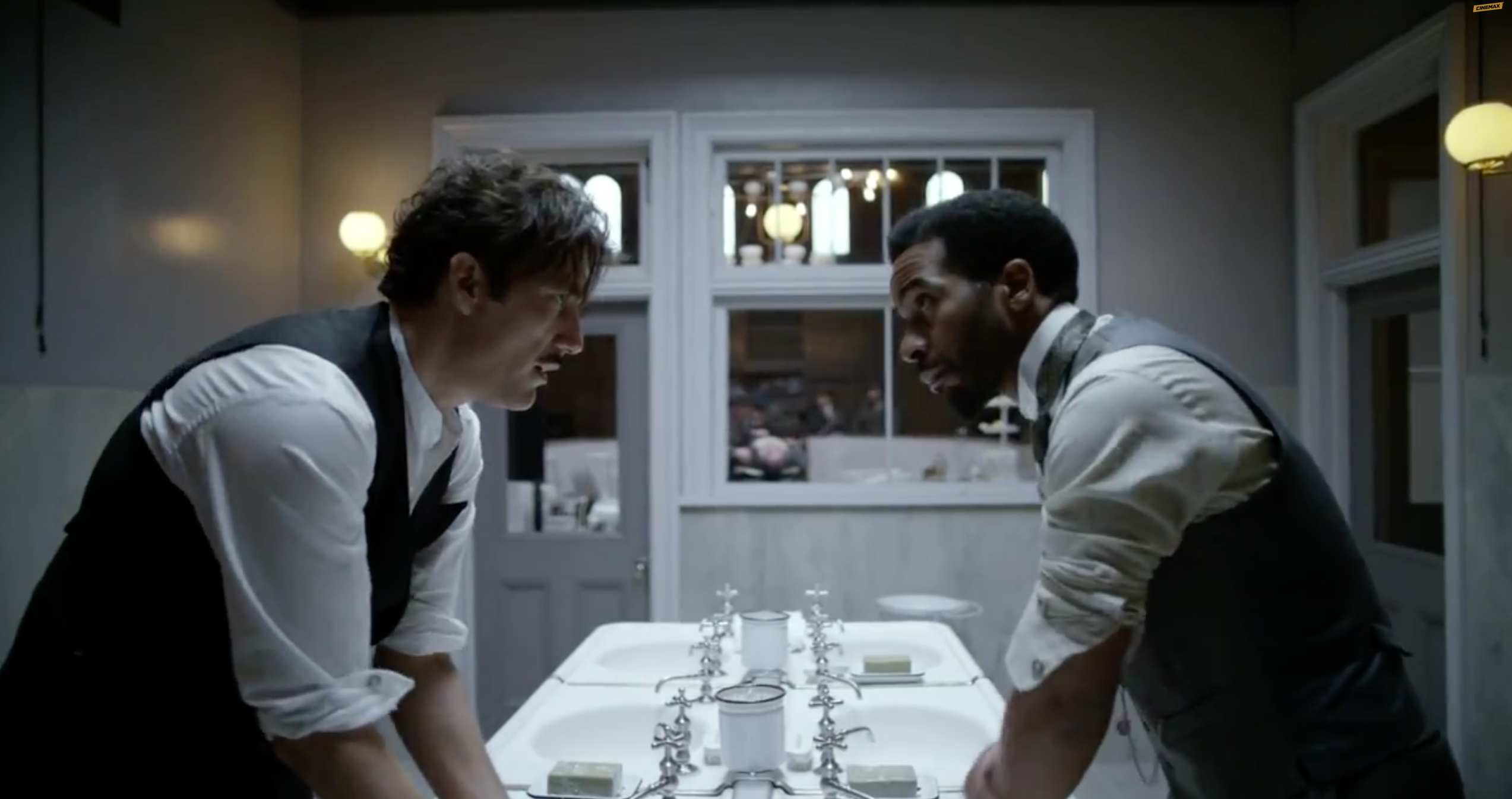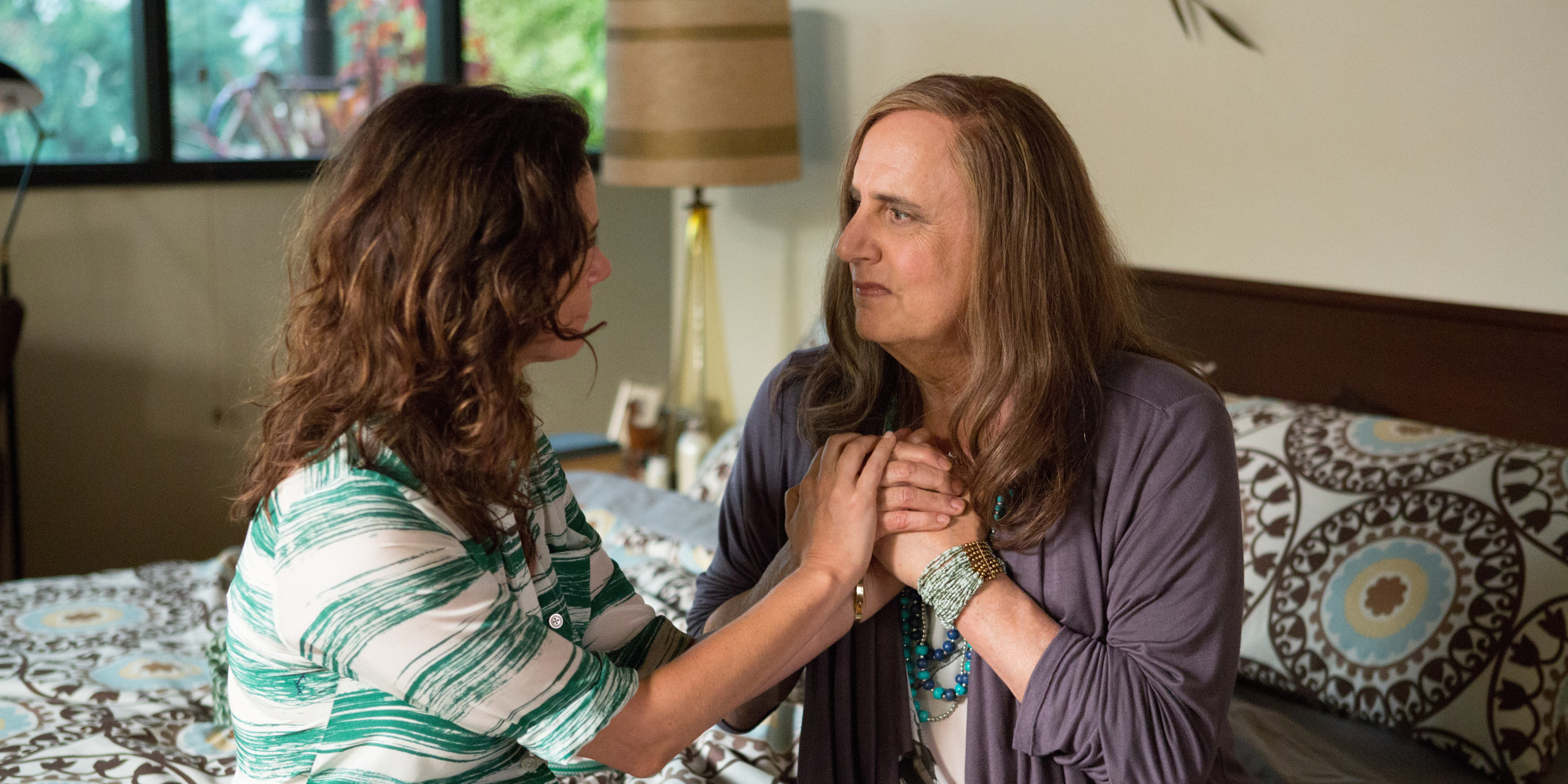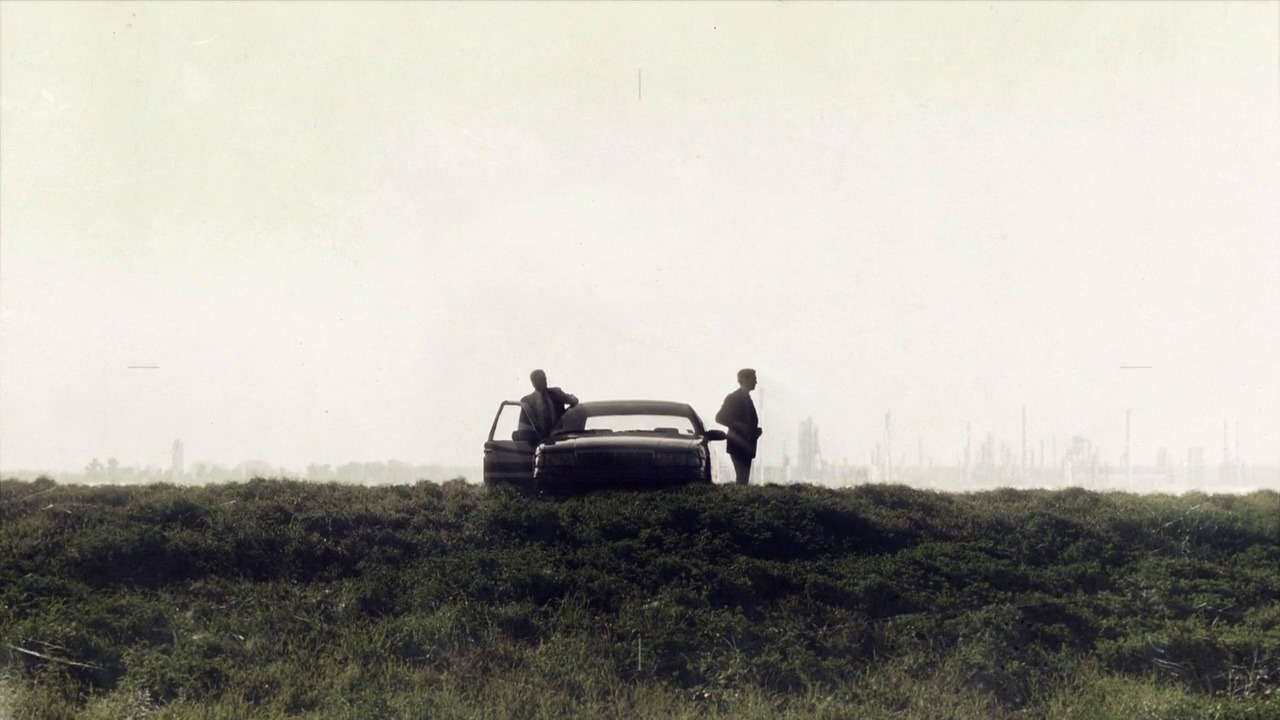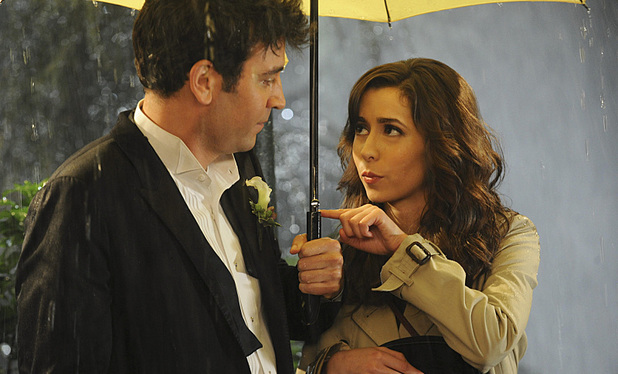I find the writing so frustrating for a variety of reasons, but I think what I find so irritating is the hubris of the show. The show is convinced that what is unfolding on screen is so deep, artistic, and nuanced that its a wonder to behold. In actuality the show has never been as good as it presents itself. The plots have always been weak including Frank Underwood's rise to power. The characters too have been terribly written (minus Claire and Peter Russo). They do things so over the top you are often taken out of the moment of the show. Or they will have some new strange habit that you can tell the writers find interesting and different when in fact it almost never reveals any new depth to the character. It just reinforces what we already know or is just straight up strange, neither clever nor resonant. (And I have become even more convinced of this after reading the most pretentious and pompous interview I've ever laid eyes on with showrunner Beau Willimon. His responses and general attitude represent everything I find wrong with House of Cards).
Sometimes I feel I am overly harsh on this show. I mean, it's just a television show and Netflix's first attempt at prestige programming. I'm probably overly critical because I insisted on dissecting twenty-six separate episodes as some sort of writing exercise. Surely I would enjoy other shows like The Knick or Girls much less if I decided to do the same to them, right? So this year, for its third season, I decided not to do a continuous blog. I decided to just try to turn the inner critic off and enjoy the show at my leisure. But two episodes in I got so frustrated I couldn't help myself.
[Spoilers for the first two episodes of Season Three follow (which is all I have watched so far):]
My annoyance relates back to the issues I've already mentioned. Look, my problem with House of Cards is not that it tries too hard or is too ambitious--I happen to admire ambition (like Halt and Catch Fire is overly stylish and unsuccessfully ambitious but not gratingly so). What bothers me is that House of Cards is cocky and vacuous with nothing to support its self-aggrandizement. In Chapter Twenty-Seven, the third season premiere, we spent a good 30 minutes straight with Doug freaking Stamper. This guy was left for dead last season and I have to say I was incredibly disappointed to see him alive. Not because the character is a creep, but because he has never had an interesting story line. Nor do I have any desire to root for his rehabilitation and reintroduction into the main habitat of the show. And don't get me started on what this means about the never-ending Rachel subplot (a terribly gratuitous story line in every sense of the word that has been going on since Chapter One). We have moved on from much better characters and story-lines (Peter Russo or even Zoe Barnes), but why are we still plagued with Doug? What use is he? Doug Stamper is the herpes of House of Cards. And what is with the syringe of bourbon? Is that supposed to be some form of portion control to resist completely falling off the wagon? Because it's being presented as a weird character quirk that is supposed to be illuminating or intriguing but is neither of those things. Willimon and Co. are so bad at the "meaningful character quirks" thing it would almost be impressive if they weren't so asinine. Mad Men and Breaking Bad have had plenty of characters with weird quirks and predilections, but there has always been a real point to them. They were always successfully outrageous, ambiguous, revealing, and developed. This shit with the syringe or Claire's origami or Frank's Civil War dioramas, or Tusk's birds are all so heavy handed and ultimately pointless. I realize not every show can be Mad Men or Breaking Bad but not one of those quirks was successfully subtle or symbolic. They were all so overtly transparent only a baked high school student could possibly find them poignant.
Then in Chapter Twenty-Eight we get all this nonsense with egg symbolism without any real cohesion or ambiguity or poignant meaning. The black commemorative Easter Egg (literally) Claire carries to the press conference as if she's in mourning for her lost nomination (or perhaps her lost chances at having children? No of course not because if that was mentioned recently, the symbolism might not be transparent enough) and then passes it off to Frank who has an epiphany (?!) while trying to balance it. (Seriously). And then the episode ends with Claire cracking a couple of actual eggs into a frying pan. I get it. We all get it. The Underwoods spent the whole episode trying to crack their respective problems, trying to come up with ways to overcome their obstacles in such a way that all the King's horses and all the King's men can't put the obstructions back together again. And in the end, they have basically found solutions. Hence why Claire cracks two eggs and begins frying them. The episode ends before they're fully cooked (because that is what the rest of the season is for, people). And I am left with a mix of offense (at the condescension of this show) and awe (at the conceit of it).
And this is why I chose not to do an ongoing blog post throughout season three. Maybe I'll get frustrated enough to post an update here or there. Or heck, maybe I'll be pleasantly surprised by how good it gets and come back to eat my words (which I would love, by the way). But for right now, I just don't like House of Cards enough to get into the minutiae (like Windows phones or Doug's preference for mediocre Oreos). I just need to sit back and enjoy House of Cards for what it is. Because visually it's great. The performances are strong. I'm a fan of the Fincher-esque mood of it. And Claire, HBIC, is always compelling. But the show, like Frank, is struggling to find its legacy (and if it wasn't for Claire Underwood, both would be a lot less interesting). I don't fault it for that. But I can continually wish that both the show and Frank actually had something of substance to say. That they weren't so hung up on trying to appear confident and poised and instead focused on some ideology or morality or philosophy. Because themes like those get the best responses out of me and out of a general audience. If House of Cards wants to be one of the best, it has got to actually say something. I keep eating what House of Cards is serving, but I'm continually left unsatisfied. There are only so many more empty calories I can stomach.












